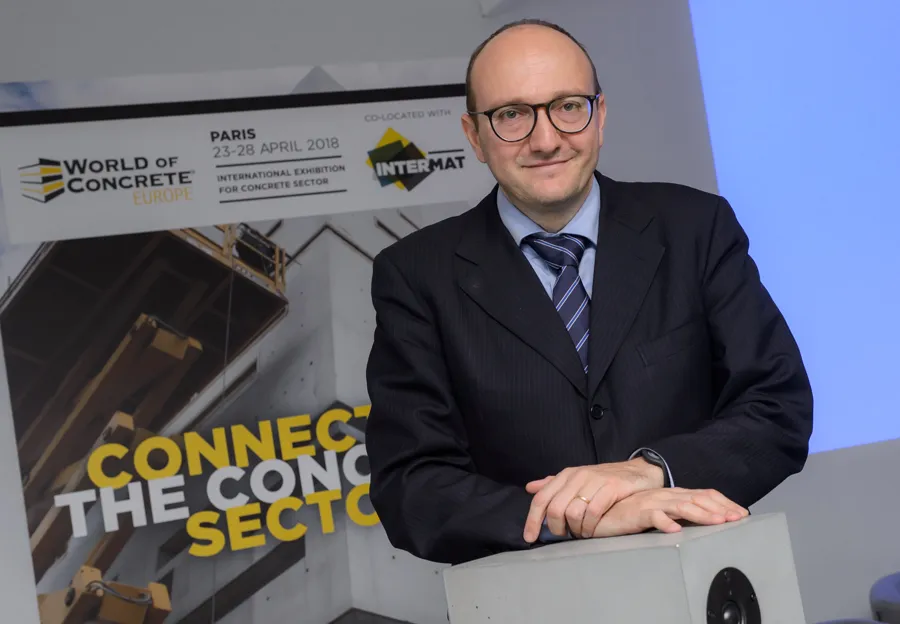
The relationship between cement volumes and employment rates reveals some interesting economic trends, according to Nicola Zampella, director of
“It seems fairly obvious to say that there is an inverse correlation between cement consumption and unemployment levels,” said Zampella, speaking at the World of Concrete Forum in Paris this week. “But the relationship between them can also indicate the arrival of a speculative bubble.”
Unlike the rest of Europe, both Italy and Spain experienced a second crisis, a few years on from the global financial crisis that hit almost everywhere in late 2007 and early 2008. Zampella hypothesises that this is because both Italy and Spain are heavily tied to the construction and concrete markets.
Investment in construction should remain at 10-15% of GDP, otherwise there is a risk of instability, says Zampella. He highlighted the example of Spain which is currently experiencing rapid – and potentially unstable - growth due almost entirely to rapidly increasing activity in the housing sector.
Italy’s economy, says Zampella, has been in constant decline since 2007 and has only levelled out in the last two years.







